 Learn from experts in the field who are leading the charge to solve world needs through chemistry.
Learn from experts in the field who are leading the charge to solve world needs through chemistry.
Chemistry doesn’t just shape technologies; it shapes outcomes. It influences who has access to energy, how medicines are produced, what risks workers and communities are exposed to, and how long materials persist in the environment. In a moment of overlapping climate, health, and industrial challenges, how chemistry is practiced matters as much as what it makes.
Promoting Chemistry Applied to World Needs is a webinar series developed in collaboration with the IUPAC Committee on Chemical Research Applied to World Needs (CHEMRAWN). The series brings together researchers, educators, practitioners, and members of the public who are interested in how chemistry can be directed toward solving real-world problems—not in the abstract, but at the scale of systems, industries, and societies.
Across the series, speakers situate their work within global frameworks such as the United Nations Sustainable Development Goals and IUPAC’s Top 10 Emerging Technologies, highlighting the role chemists play in shaping safer, more sustainable futures. Each session examines concrete decision points where science, policy, and practice intersect, offering insight into how green chemistry principles move from research into action.
Explore the recordings below.

From Detoxifying Chemical Warfare Agents to Treating Nuclear Wastewater: Adventures in the Synthesis of Metal-Organic Frameworks
What if chemists could design materials specifically to meet the world’s most urgent challenges? In this opening webinar, Prof. Ashlee Howarth (Concordia University) introduces metal-organic frameworks (MOFs)—materials whose structure can be tuned to address issues like toxic pollution, chemical safety, and nuclear contamination—as a powerful platform for problem-solving. Grounded in real research and global need, this talk offers a compelling look at how advanced materials science connects directly to human and environmental well-being.

What Is Carbon Neutrality, and How to Achieve It?
Carbon neutrality is more than a climate goal—it’s an energy challenge with enormous economic and social implications. In this webinar, Prof. Junji Nakamura (Kyushu University) lays out a clear, systems-level view of where emissions actually come from and what it would take to eliminate them. He makes the case for solutions that can scale globally, especially in developing regions, and explores how chemistry, policy, and public will must work together if carbon neutrality is to move from aspiration to reality.

Atomic-Scale Insights into Energy Materials (Batteries Included!)
What do electric vehicles, next-gen solar cells, and even a world-record lemon battery have in common? In this lively talk, Prof. Saiful Islam (University of Oxford) connects the climate and energy challenge to the place where breakthroughs actually happen. With clarity, humor, and real-world relevance, he shows how looking at the atomic scale helps explain what makes batteries charge faster (or fail), why solar cells are advancing so quickly, and how modeling + experiments together can accelerate clean-tech progress. If you want an accessible window into the science powering the energy transition—and why the details inside materials matter so much—this recording is a fun, smart watch.

Affordable, Equitable Clean-Water Availability: A Materials-Based Approach
Access to safe drinking water is one of the most urgent and unevenly distributed challenges of our time. In this talk, Prof. Chandramouli Subramaniam (Indian Institute of Technology Bombay) explores how materials science can help close that gap, focusing on low-energy, solar-driven approaches to producing freshwater from contaminated and saline sources. Grounded in real-world constraints such as cost, durability, and scalability, the session offers a compelling look at how chemistry can support more equitable access to clean water, especially in regions facing acute water stress.

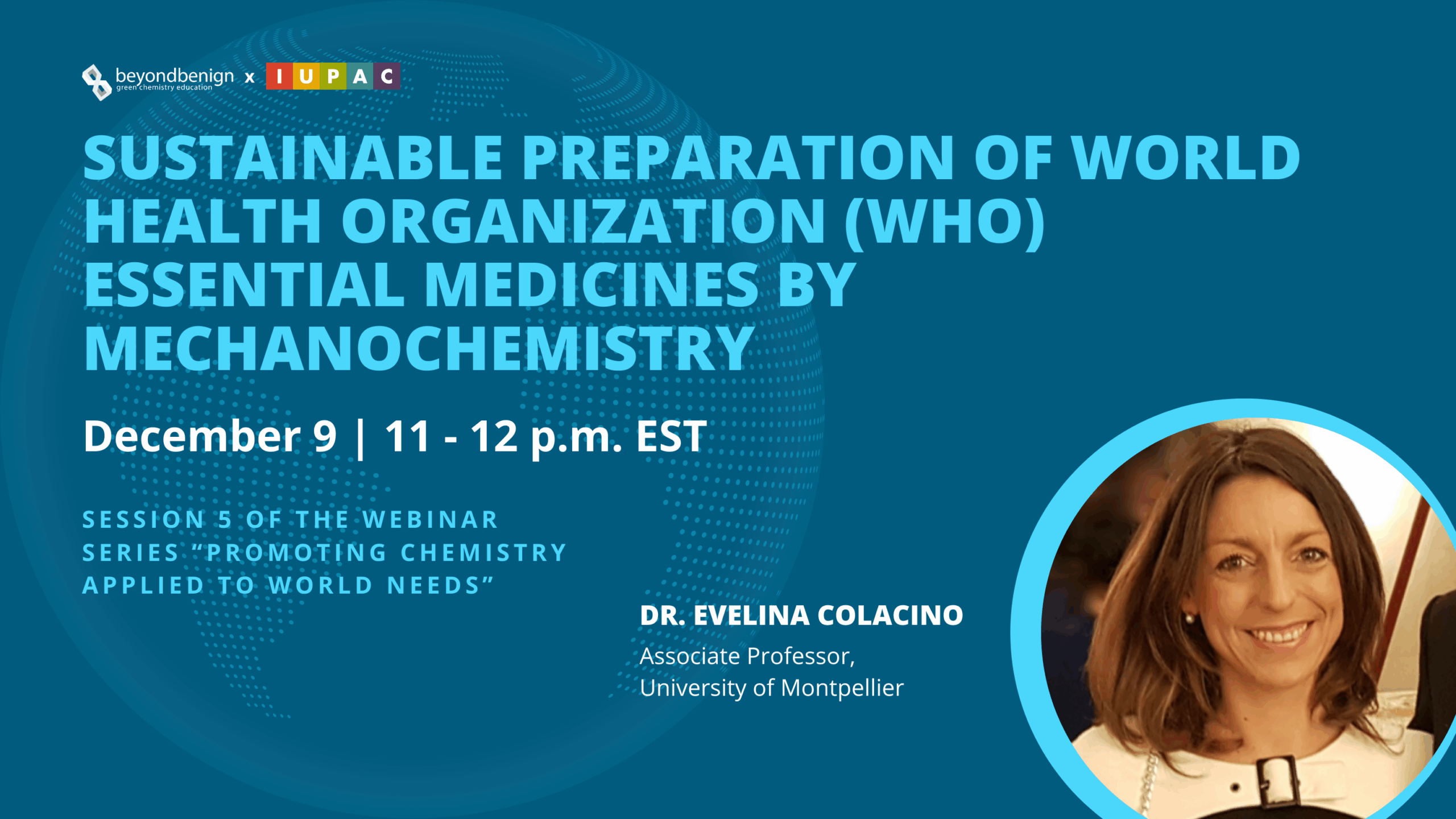 Sustainable Preparation of World Health Organization (WHO) Essential Medicines by Mechanochemistry
Sustainable Preparation of World Health Organization (WHO) Essential Medicines by Mechanochemistry
Modern pharmaceutical manufacturing depends heavily on organic solvents — a choice with major energy, cost, and environmental consequences. In this webinar, Prof. Evelina Colacino (University of Montpellier) explores how mechanochemistry can reduce that reliance, enabling the preparation of WHO essential medicines with fewer resources and less waste. The result is a practical, systems-level look at how greener chemistry can reshape how medicines are made.
For proprietary reasons, Prof. Evelina Colacino’s presentation is not available for public viewing. For further information on Mechanochemistry, please visit https://edu.mechanochemistry.eu or contact Evelina directly.
Dive Deeper
-
- Join the Green Chemistry Teaching and Learning Community to discuss what you learned in these recordings, access resources, join conversations, and connect with your peers from across the globe!
- Learn more about the Chemical Research Applied to World Needs (CHEMRAWN) committee of IUPAC and join their LinkedIn group to keep up with their news, projects, and initiatives!
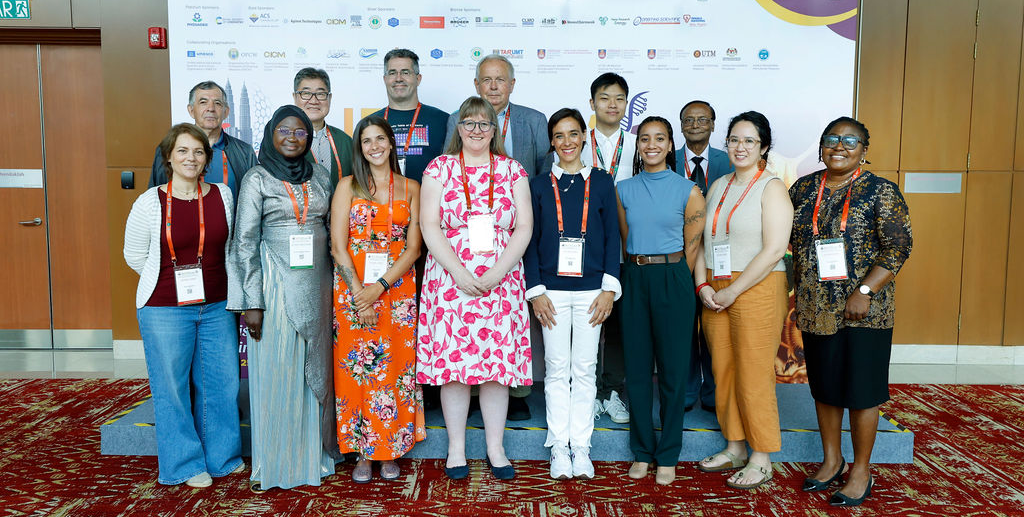
Members of the International Union of Pure and Applied Chemistry (IUPAC) Committee on Chemical Research Applied to World Needs (CHEMRAWN), Beyond Benign’s partner on the “Promoting Chemistry Applied to World Needs” webinar series.


 In 2023, the American Chemical Society (ACS) updated its
In 2023, the American Chemical Society (ACS) updated its  Beyond Benign has been awarded a five-year, $1.83 million grant from the
Beyond Benign has been awarded a five-year, $1.83 million grant from the 
 With a Ph.D. in green chemistry and experience leading global sustainability initiatives,
With a Ph.D. in green chemistry and experience leading global sustainability initiatives, 

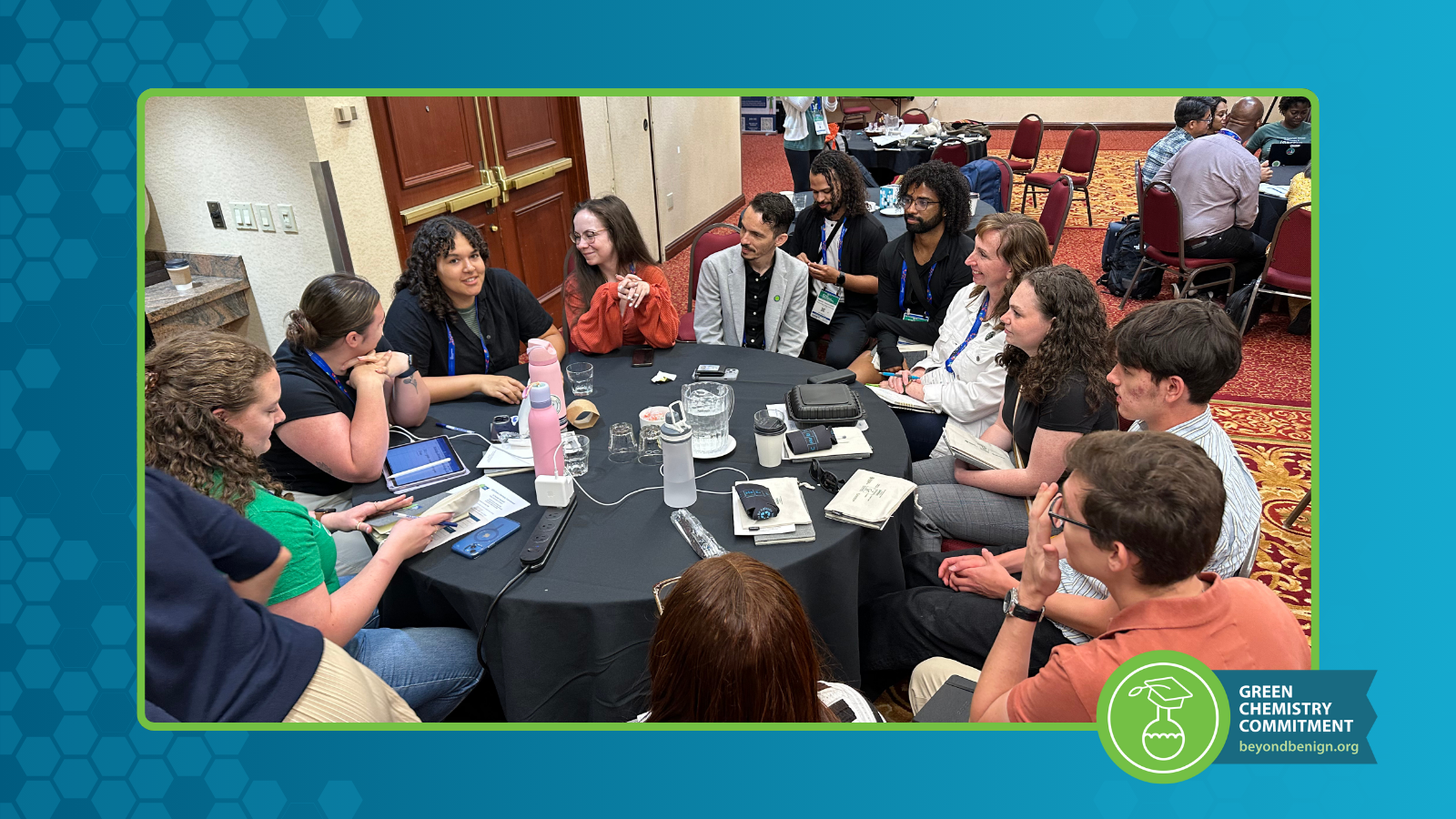 Each year,
Each year, 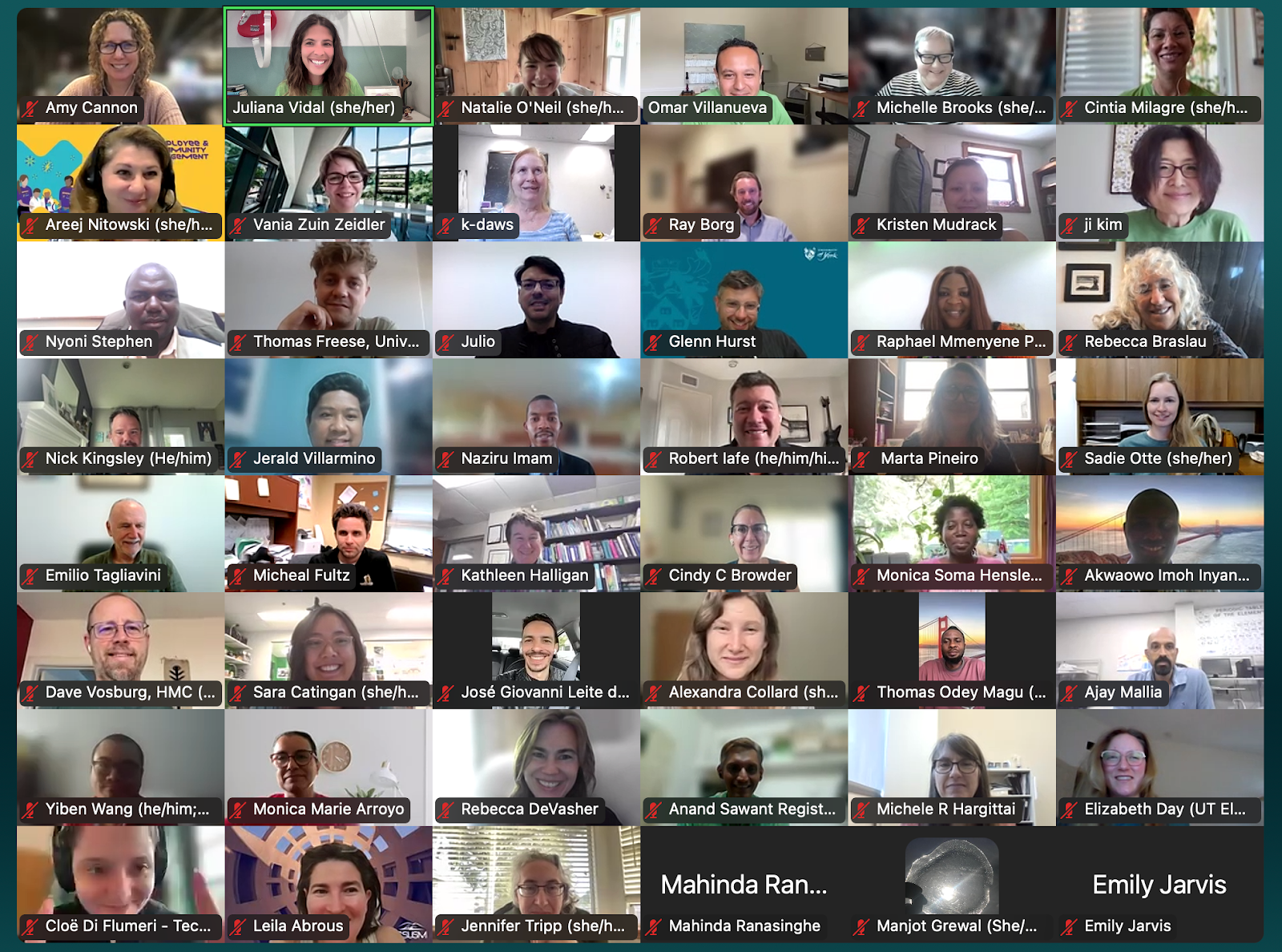
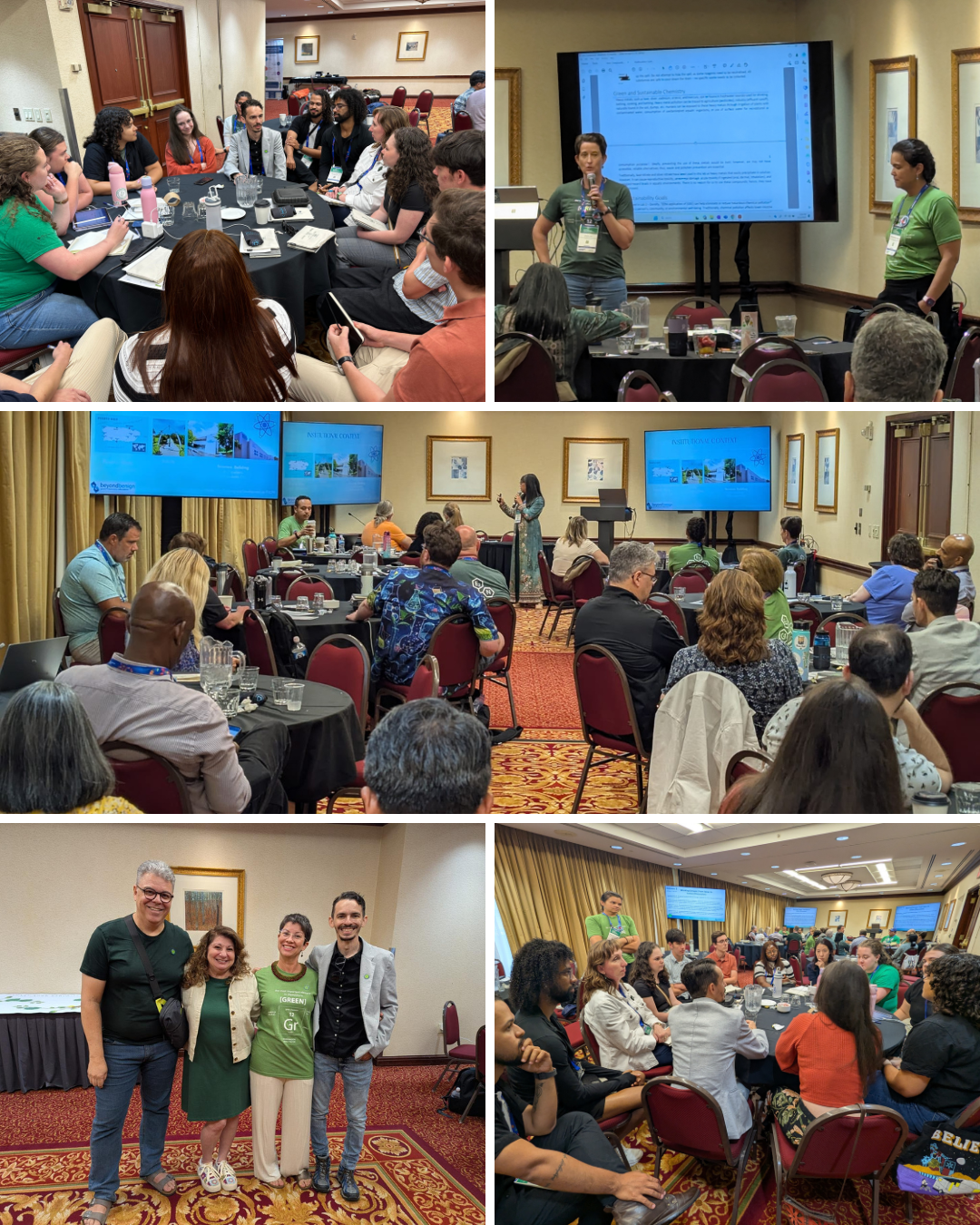
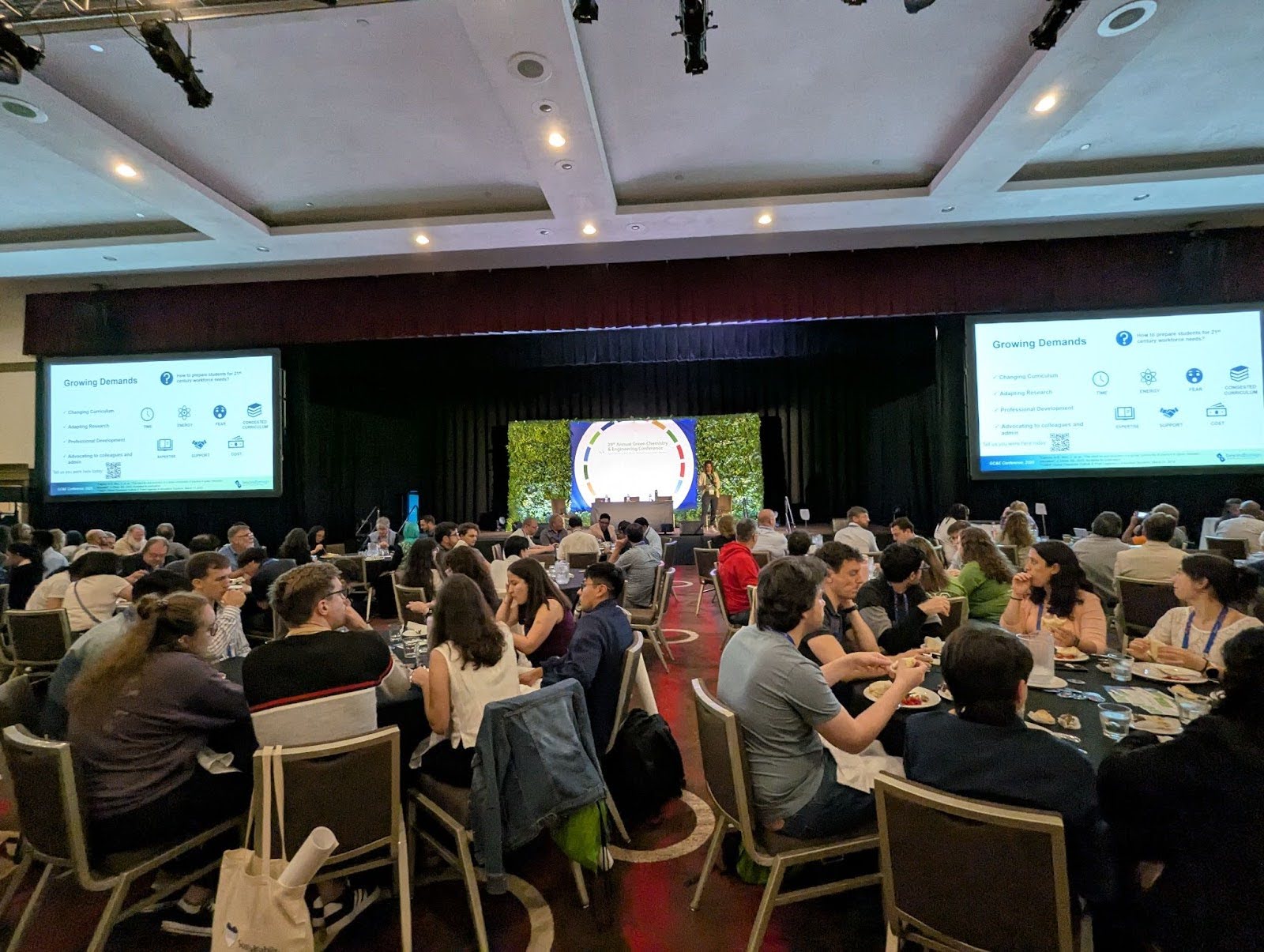
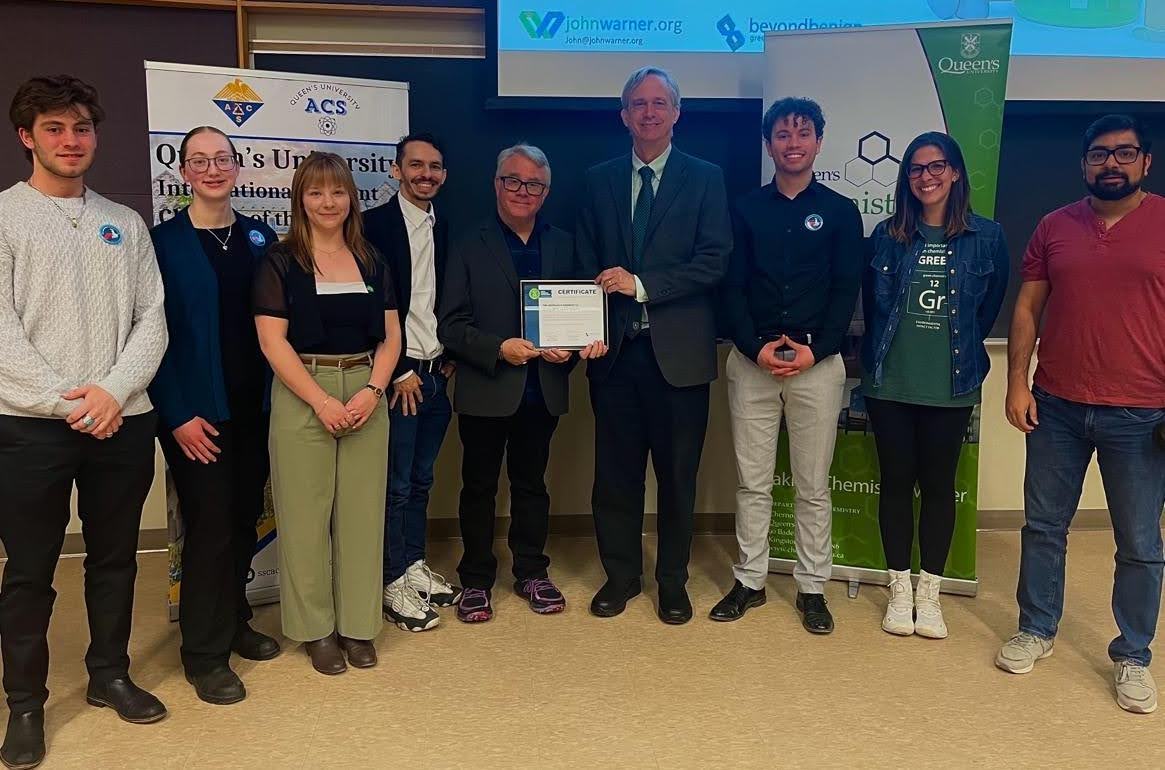
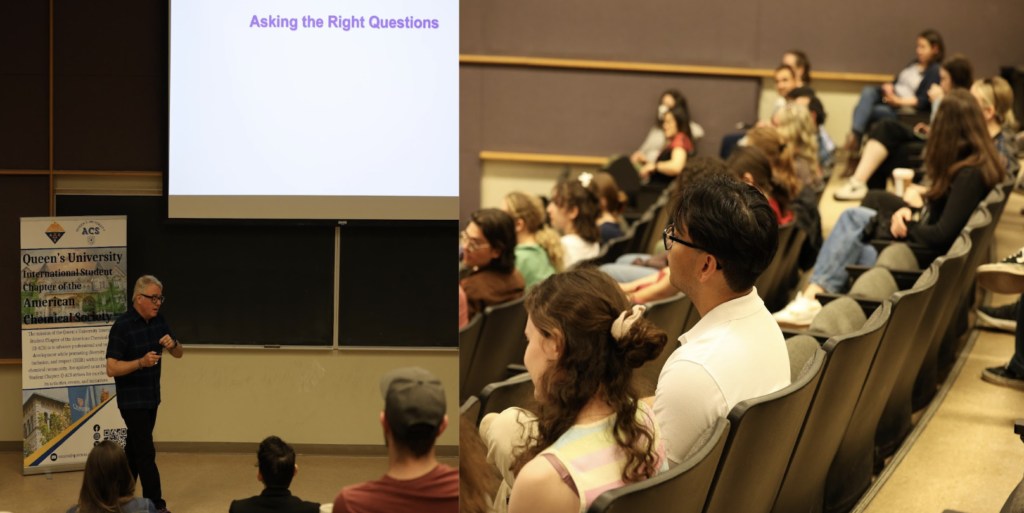
 Dr. Kyle Grice is a Professor in the Department of Chemistry and Biochemistry at DePaul University in Chicago, Illinois. He
Dr. Kyle Grice is a Professor in the Department of Chemistry and Biochemistry at DePaul University in Chicago, Illinois. He 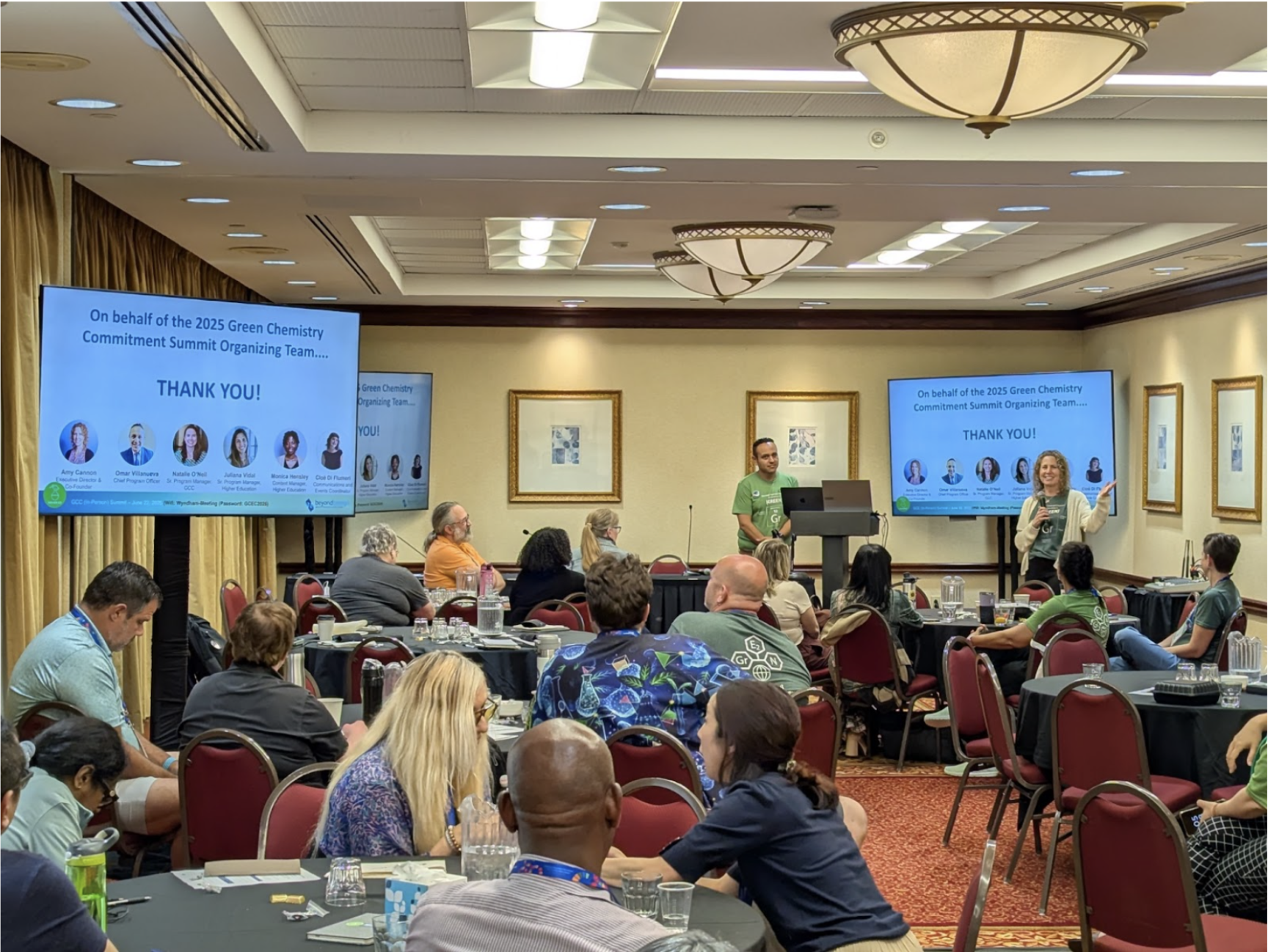
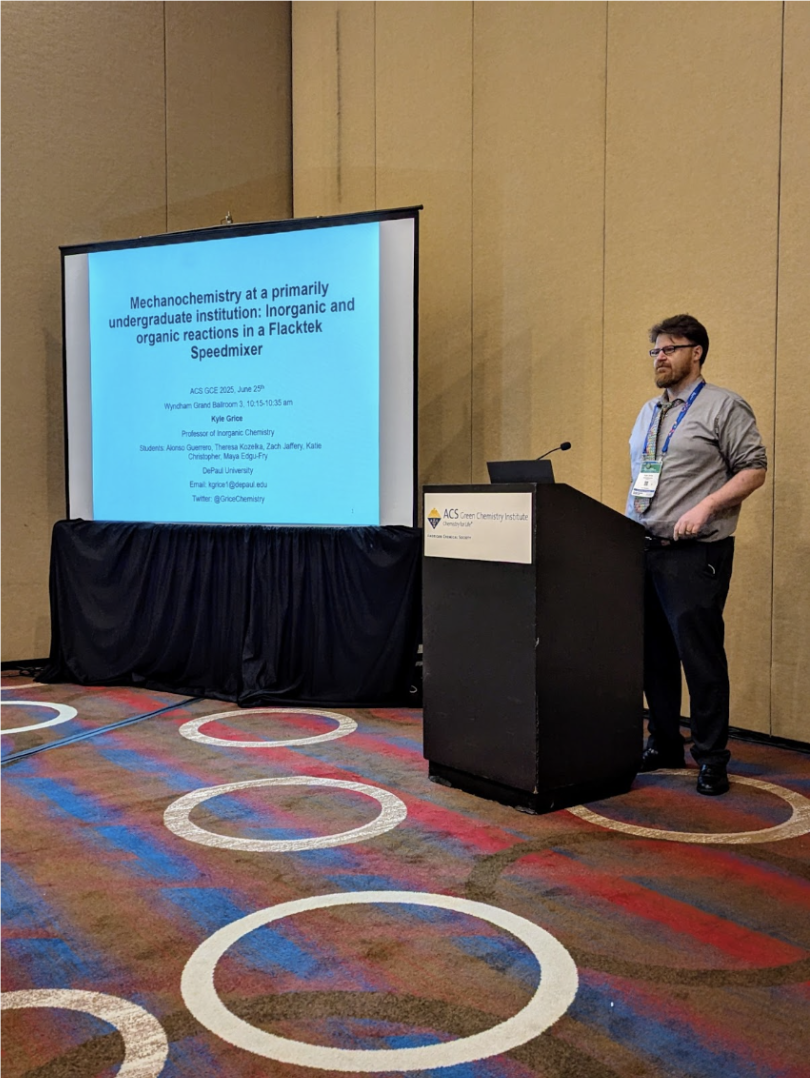
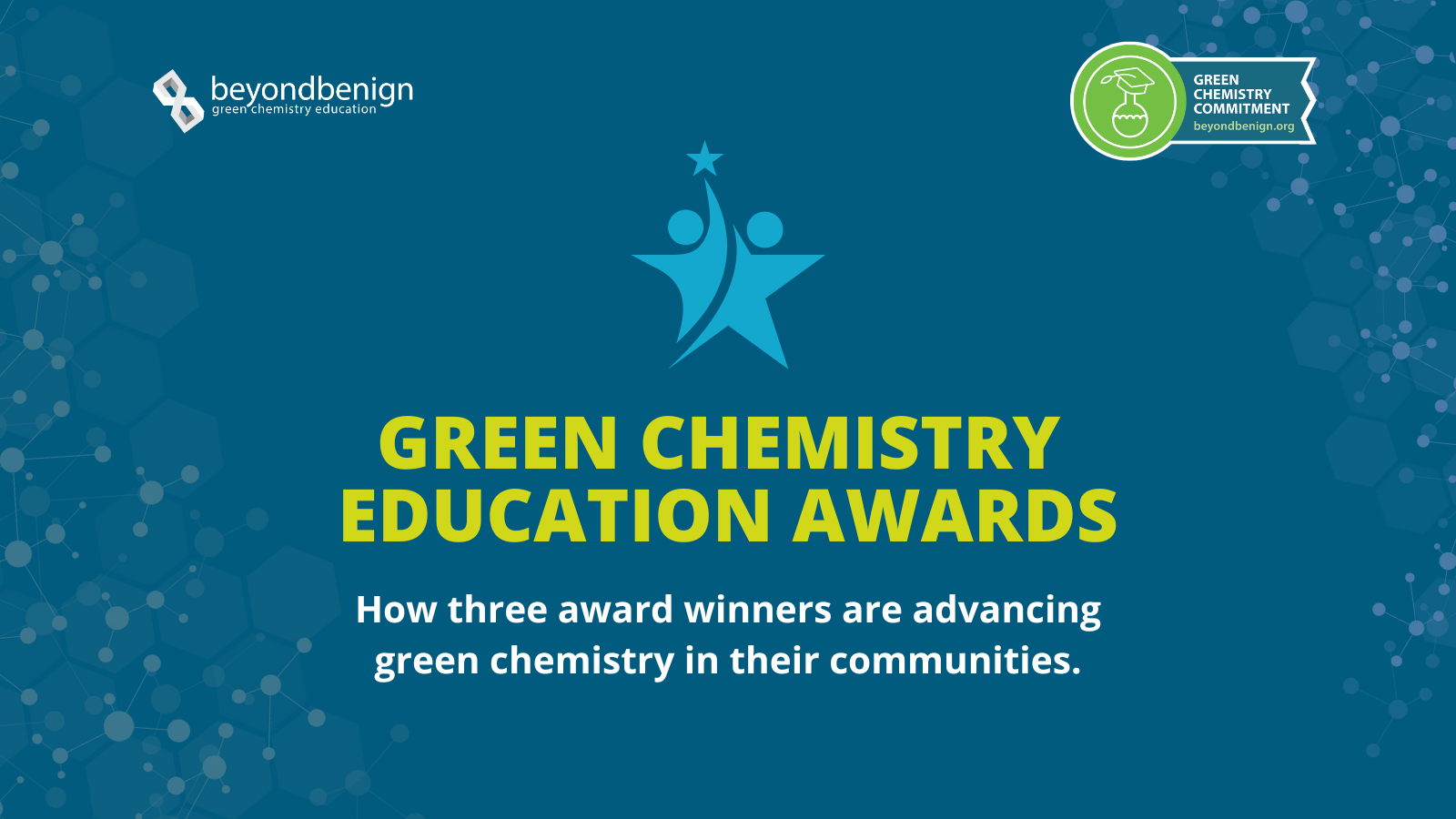 As the community of educators and institutions integrating green chemistry grows, more students are learning a sustainable approach to science. These students represent the next generation of innovators, environmental stewards, and scientists who will use their green chemistry skills and lived experiences to address local and global sustainability challenges.
As the community of educators and institutions integrating green chemistry grows, more students are learning a sustainable approach to science. These students represent the next generation of innovators, environmental stewards, and scientists who will use their green chemistry skills and lived experiences to address local and global sustainability challenges.
 When educators are equipped to teach green chemistry, they don’t just change lessons—they shape the next generation of scientists, innovators, and environmental stewards. Through the
When educators are equipped to teach green chemistry, they don’t just change lessons—they shape the next generation of scientists, innovators, and environmental stewards. Through the 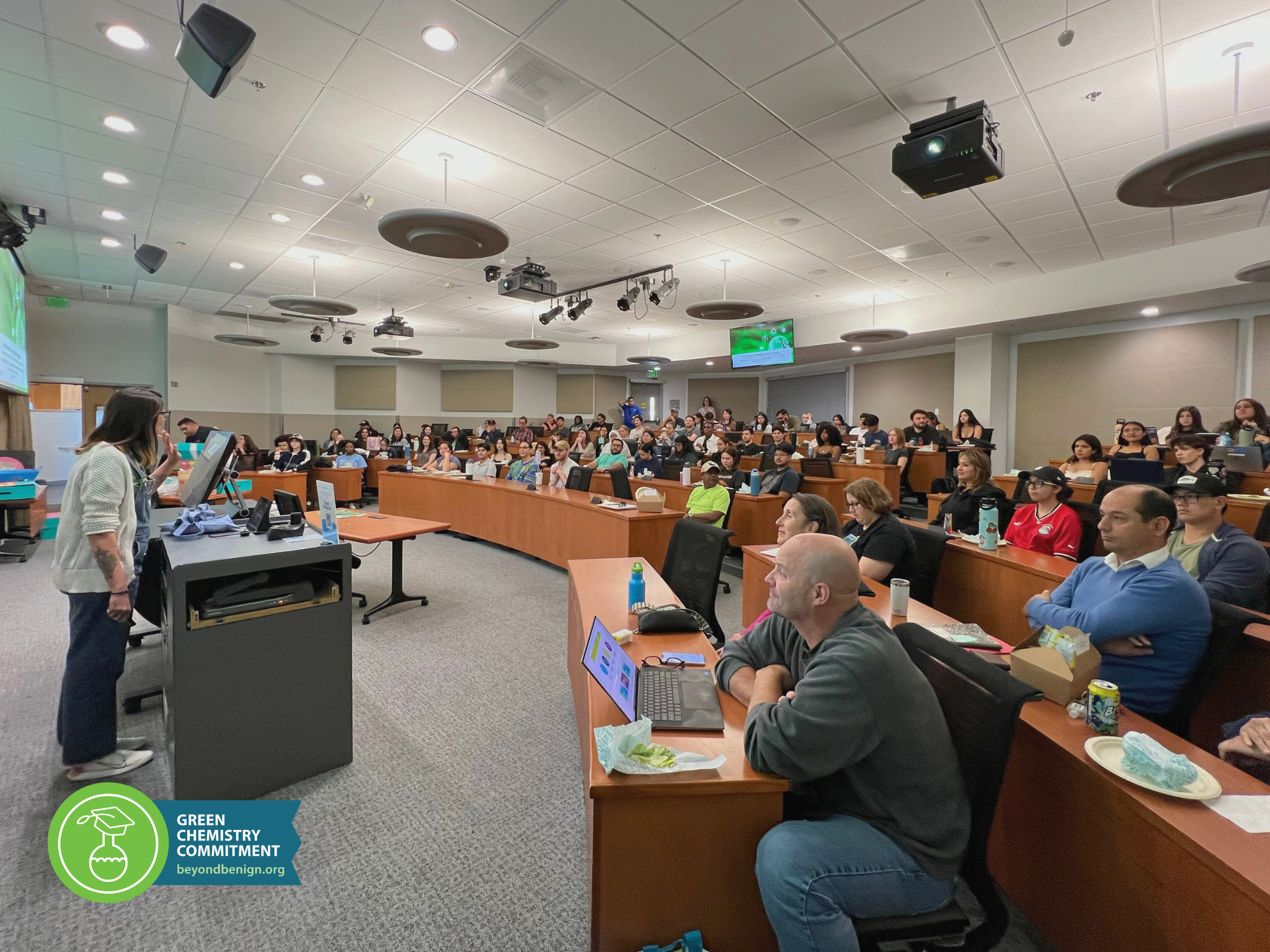
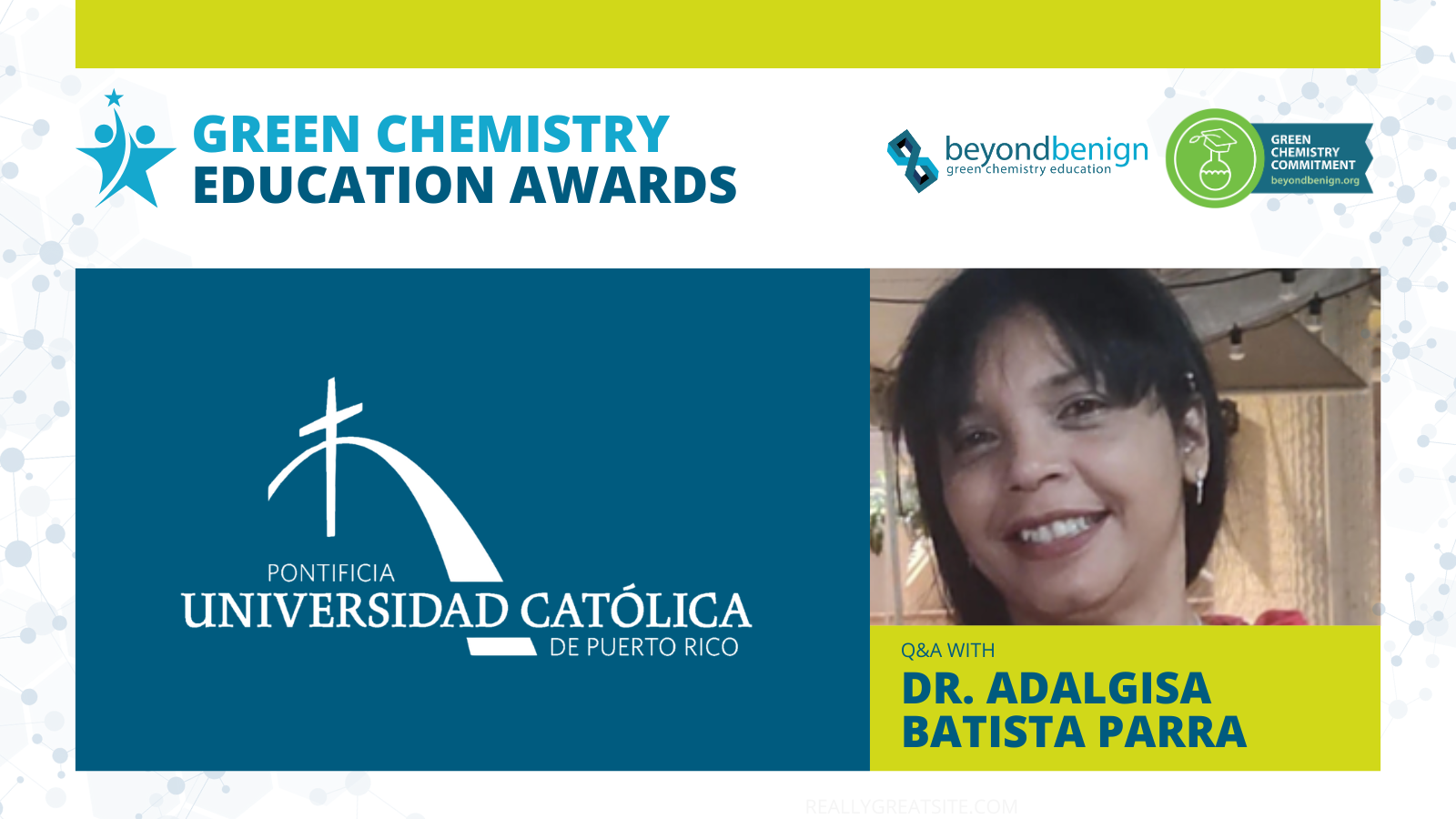 When educators are equipped to teach green chemistry, they don’t just change lessons—they shape the next generation of scientists, innovators, and environmental stewards. Through the
When educators are equipped to teach green chemistry, they don’t just change lessons—they shape the next generation of scientists, innovators, and environmental stewards. Through the 

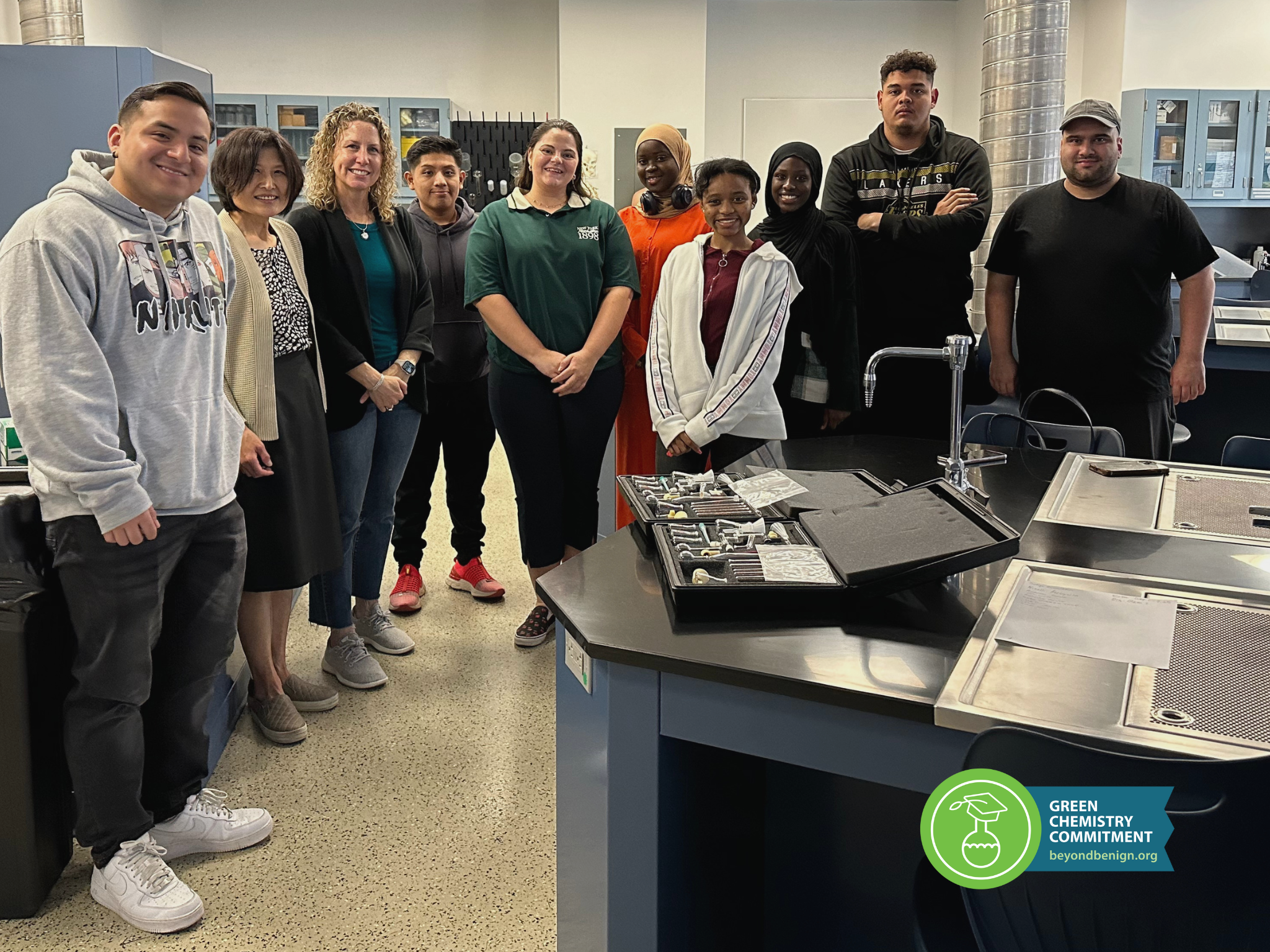


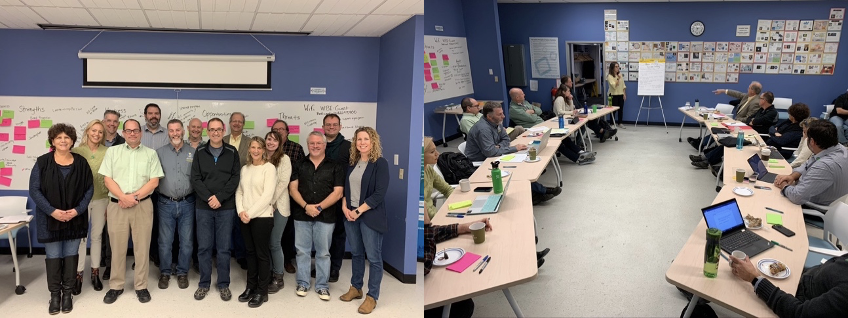



 Depaul University
Depaul University








 Giovanni Brito
Giovanni Brito




